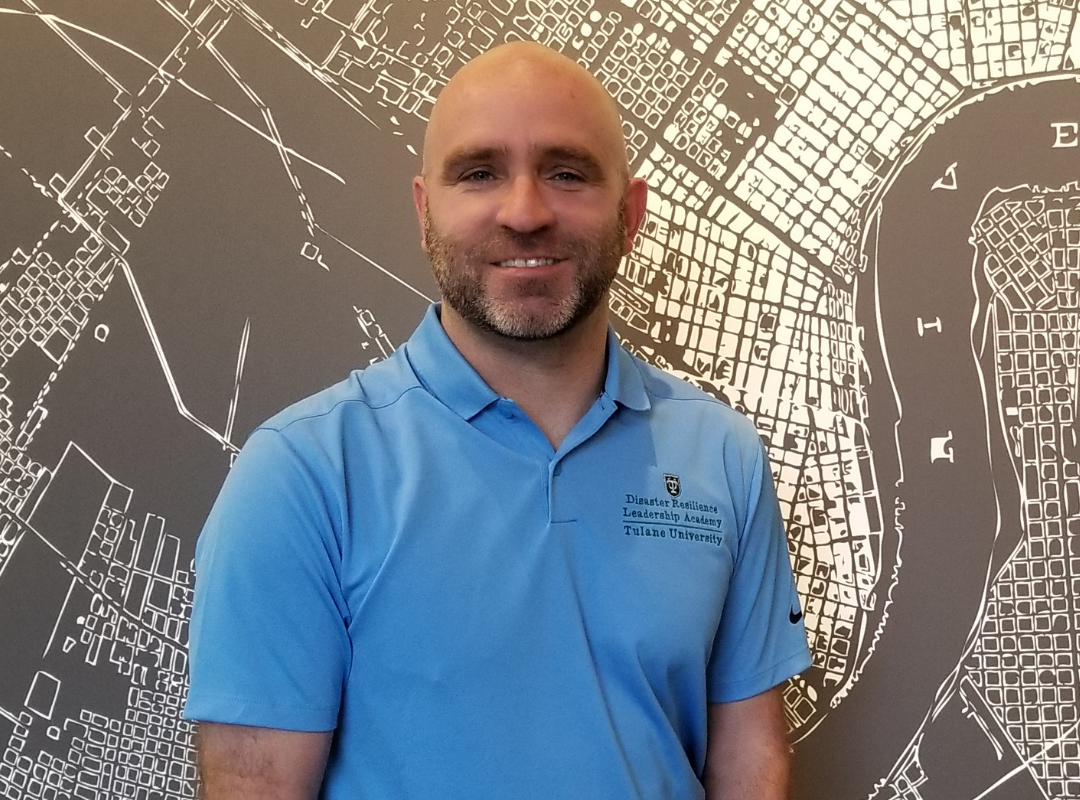DRLA Director co-authors resilience report for COP30
As the world approaches critical tipping points, a comprehensive global scientific report co-authored by TSSW Professor Regardt J. Ferreira, PhD shows that resilience — the ability to live and develop with change and crises — should be at the heart of global decision-making.
The Resilience Science Must-Knows distills decades of resilience science into nine digestible insights to connect climate, biodiversity, and development goals, supporting societies to prepare for, respond to, and transform through change and crises.
“Resilience is not only a framework for responding to disasters — it is the discipline of designing systems, organizations, and communities that can evolve with complexity rather than collapse under it,” said Dr. Ferreira, Director of the Disaster Resilience Leadership Academy (DRLA). “In a world shaped by uncertainty, resilience becomes the bridge between science, society, and strategy. It is how we safeguard people, steward our institutions, and build futures where adaptation is not an afterthought, but a core operating principle.”
The Must-Knows, which provide decision-makers with a guide for navigating an increasingly uncertain world, include:
- Invest today – benefit tomorrow: Resilience investment creates a triple dividend, lowering costs, stimulating growth, and strengthening societies.
- Navigate accelerating risk: Faced with increasing and compounding global crises, resilience helps us prepare for uncertainty and cope with shocks.
- Address power imbalances: Failing to address social inequalities, power imbalances, and historical injustices risk reinforcing the very systems that cause vulnerability.
“Resilience Science Must-Knows: Nine Things Every Decision-Maker Should Know About Resilience” was developed by Stockholm Resilience Centre, Future Earth, Global Resilience Partnership, and partners from around the world.
The report was presented for the first time at COP30, the thirtieth annual international climate conference hosted by the United Nations. The Must-Knows will feed into global policy processes, such as the design and implementation of National Adaptation Plans (NAPs).
“Resilience is the connective tissue between the Paris Agreement, the Kunming-Montreal Global Biodiversity Framework, and the SDGs,” said Dr. Cibele Queiroz, researcher at Stockholm Resilience Centre, Knowledge Director at the Global Resilience Partnership (GRP), and co-lead of the report. “We need to start planning differently, seeing our social institutions, ecosystems, policy, and community structures as entities that are constantly evolving and changing."

